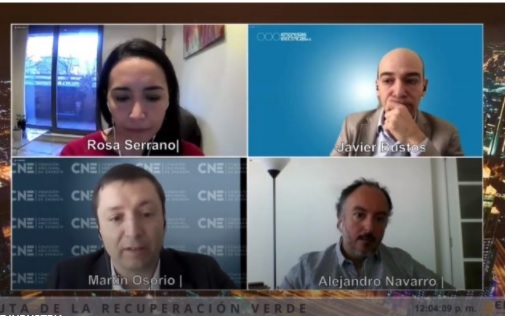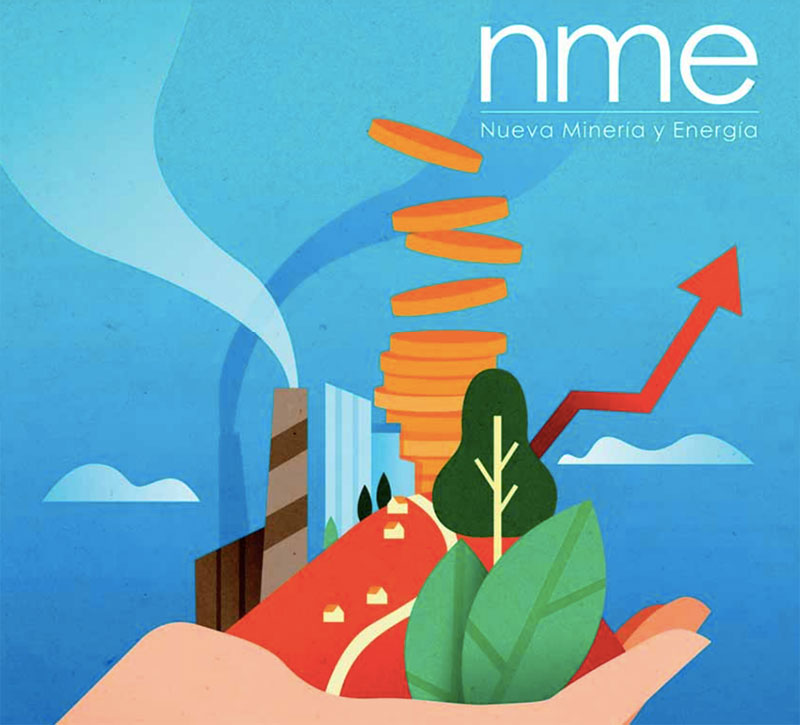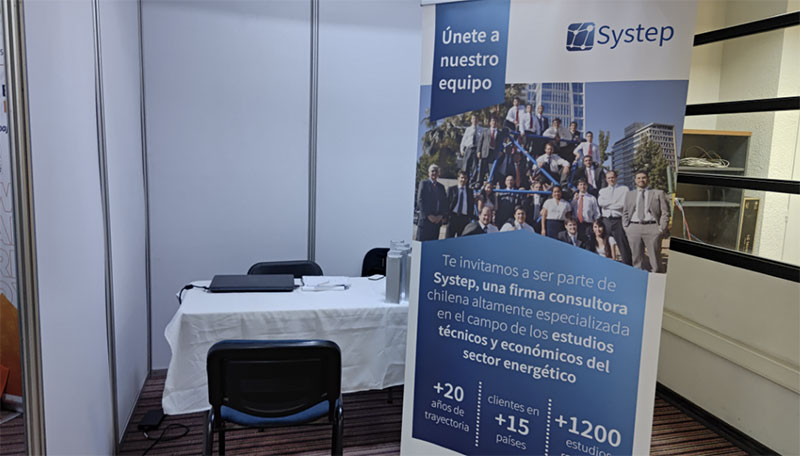
This was one of the aspects of the module “The New Face of Distribution”, held on the first day of ElecGas 2020.
Source: Electricidad Magazine – December 3, 2020
Advancing in decentralized regulatory decisions in the electricity sector, considering the new conditions imposed by the energy transition, especially in the distribution segment, was an aspect agreed upon by the participants of the third module of ElecGas 2020 “The New Face of Distribution”, where this principle was discussed with regard to the future of smart metering at the residential level.
This topic was discussed by the moderator of the panel, Rosa Serrano, researcher PHD Student at the University of Manchester, who highlighted the importance of smart meters for the digitization of the networks, so she proposed how to advance in the implementation of this technology.
Decentralization
Javier Bustos, Director of Studies and Regulation of Empresas Eléctricas A.G. said that there will be a coincidence in the sector to advance in smart grids, which will imply the recognition of “regulatory designs that consider decentralized decision making”, adding that a public-private effort will be necessary.
“This is something that will not necessarily have to be imposed by a regulation or by a pilot project of a private company, but rather it will have to be a joint strategy in which progress can be made, involving educational and informative dimensions,” he said.
In his opinion, “the regulatory decision must be much more decentralized than what we have today, because the centralized model in generation, transmission and distribution is precisely the one that is being set aside with the mega trends of the energy transition”.
Martín Osorio, head of the Economic Regulation Department of the National Energy Commission (CNE) indicated that the decentralized scheme in decision making is contemplated in the distributed resources project of the Long Distribution Law, especially with the incorporation of Distributed Energy Means, which adds to the introduction of other actors that can provide new benefits, together with the marketer, “allowing new categories of services and pricing structures, which will make it possible to take advantage of the benefits of smart metering”.
He added: “As it appears in the Technical Standard, there is a voluntary and decentralized design for the gradual incorporation of this type of technology in household meters”.
Alejando Navarro, director of Systep and professor of Distribution Systems and Smart Grids at the University of Chile, agreed with this theme, also pointing out the need for network observability, in order to know the status of the networks for the different technologies and products that will appear.
“Today all the networks are different in the territories, where Enel’s customer density is 100 customers per kilometer, while in the cooperative sector it is 5.9 customers, so in a decentralized model it should be the distributors themselves, talking with the community and the authority, which facilitate this option of smart meters, depending on the needs of each of the localities.”





